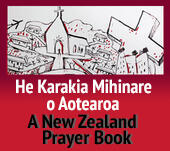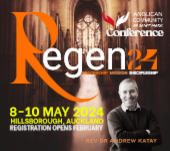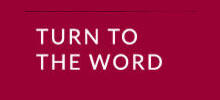It’s meant to be a volatile season but it falls at the sleepiest time of the year.
It’s meant to be a time of sudden, life-changing revelations that leave us seeing the world and ourselves in new ways. That’s what epiphanies are all about.
But in January on Kiwi beaches, such moments come slowly if they come at all.
So, having made an earlier arrival amidst the crowd at Bethlehem, the magi meander in again on January 6 and hurry home unnoticed.
I’d never thought much about why their coming is such a big deal in the Eastern Christian world. In the Western tradition of Christmas, they are reduced to a colourful clip on, hardly the stuff of sudden revelation.
But for all that they still provide the central narrative to the Feast of the Epiphany, telling the story of God’s revelation to the Gentiles, people like us.
Without that, the Marsden/Ruatara announcement at Rangihoua 200 years ago wouldn’t have happened. Three wise men preceded two wise men, as it were.
The magi don’t get much mileage any more because epiphanies of all sorts, especially divinely inspired ones, are not fashionable. Insight and wisdom that comes to us unexpectedly, overwhelmingly, is disturbing stuff.
So we’ve lowered our expectations of epiphany moments, substituted them for the packaged promises of new apps and software, and all the other consumer novelties that amuse us but never transform the way we see the world.
Thank God that artists and musicians, filmmakers, poets and novelists continue to expect epiphany moments and capture them for us in their work.
We can share the delight of their discoveries, but we still need to generate our own moments of liminality and transcendence. And that means raising our expectations of what the new year ahead of us might bring.
If we take the magi story half seriously, it seems that epiphanies can’t be chased, let alone created. They come to us mysteriously, in hints and glimpses, and we follow their leading.
We wait expectantly, and respond when the opportunity arises and we’re called into some deeper, more generous, less selfish, more just and hopeful way of living.
Epiphanies are the moments that propel us into those more mindful ways of being. They come to us before we come to them.
The opportunities for that happening this year abound in Aotearoa New Zealand.
In a country fractured by divides caused by poverty, violence and abuse, and laissez faire policies that rely on market forces to heal all our woes, we need like never before a citizenry open to insight and wisdom that comes at us sideways, through the heart as well as the head.
Imagine a bunch of people open to epiphanies, put in charge of a school or a hospital, a prison or even a parliament. We’d have a different kind of country in our hands.
Bishop John Bluck lives in Pakiri, Wellsford.

















Comments
Log in or create a user account to comment.